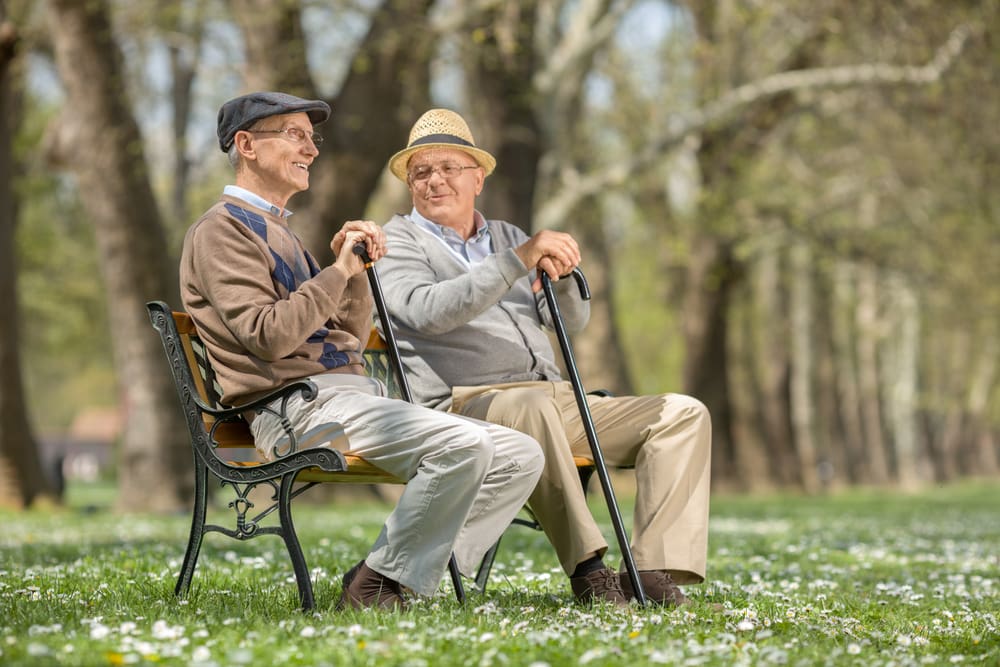5 Signs of Dehydration in Seniors
Posted By C-Care

Did you know that seniors are among the most at risk when it comes to dehydration? Medications, decreased thirst, reduced kidney function, and chronic illness are all typical reasons why the elderly can become dehydrated quickly. Due to this fact, it’s important to watch for the tell-tale signs that can point out the issue early and help avoid problems like infections, pneumonia, and even death in extreme cases. Here are some of the more common dehydration symptoms you should always look out for.
Absent Urine
If your loved one has complained about having low urine output or difficulty passing urine, it may be a sign that they are dehydrated. The body loses fluid through urination, sweating, and other bodily functions. And because older adults have reduced thirst signals, it’s common for older adults to lose more fluids than are kept in.
Muscle Cramps
Severe cramping and muscle contractions in the limbs, stomach, and the back area could be an indication that dehydration is taking effect. When there’s a loss of fluids and electrolytes such as sodium and potassium, it causes the muscles to contract and spasm involuntarily.
Dizziness
Dizziness and overall weakness are also telling signs that can be caused by even mild dehydration. When your body becomes dehydrated, it leads to a temporary drop in the blood volume and oxygen in the body. This causes the brain to receive less blood which can lead to dizziness.
Confusion
Dehydration can cause a change in the electrolyte balance in the blood, which can directly affect the parts of the mind associated with reasoning. Therefore, any abnormal periods of confusion may also indicate a lack of fluids. For people suffering from Alzheimer’s or dementia, dehydration can lead to further problems with their coordination and thinking skills (confusion can also be harder to detect in these people).
Rapid Breathing
Without enough water, your body cannot function properly. So, if you notice your loved one breathing faster than normal, check their pulse. If they have a rapid but weak pulse, this may indicate dehydration. If you’re not sure, try the skin test — use two fingers to pinch the skin at the back of the hand, and then let go. If the skin takes more than a few seconds to return to normal, it’s likely they are dehydrated.
In cases where seniors are experiencing consistent symptoms of dehydration, it is recommended to have a health care practitioner check in on them regularly to keep up their fluid levels. At C-Care Health Services, we offer exceptional healthcare staffing services. Whether you need around the clock care for your loved one or just an hour a day, we can help.

